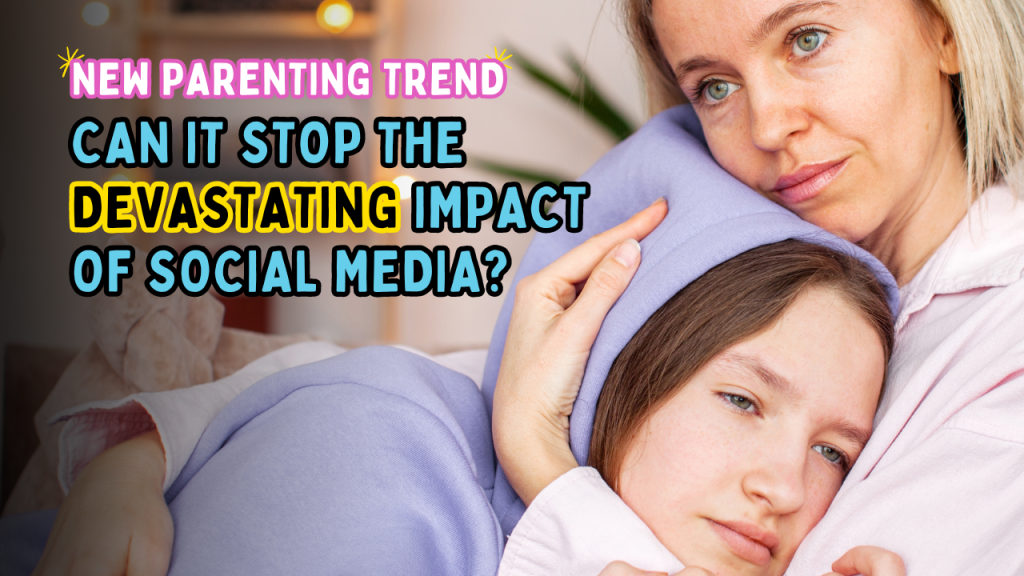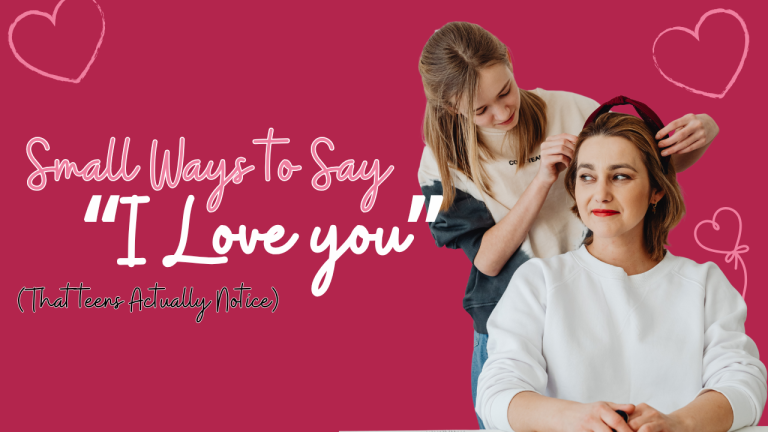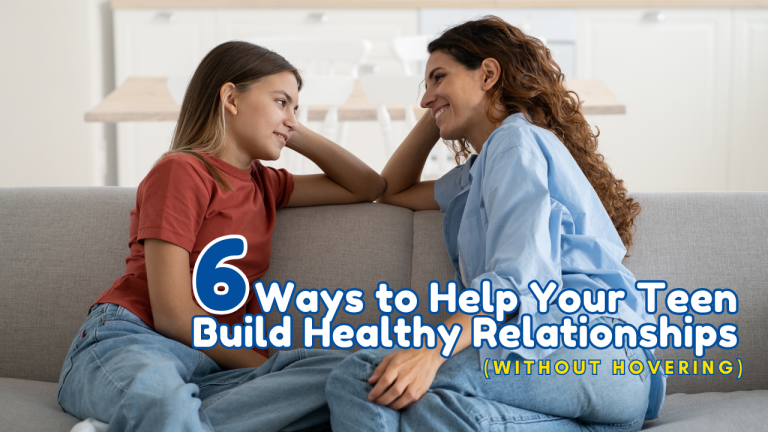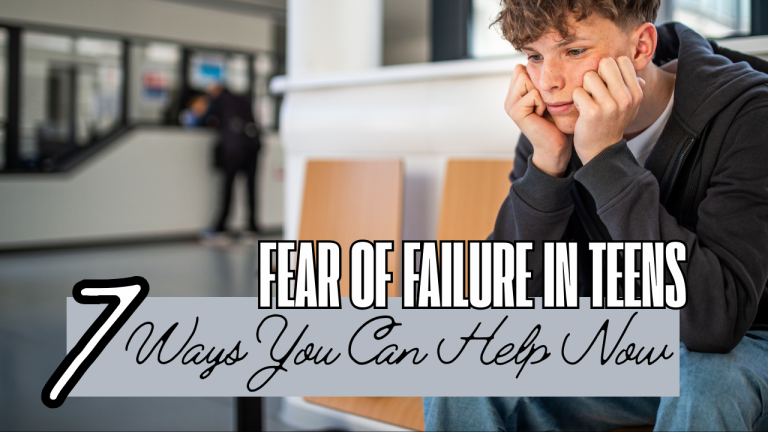We suspected it was true.
Now the connection has now been established by research.
The rise in teen depression, suicidal thoughts, and other mental health issues is definitively linked to something most people use every day—social media. Recent studies show a sharp increase in anxiety, self-harm, loneliness, and suicide attempts with greater digital media use, especially among teen girls.
Teens spend an average of 8+ hours on screens every day. That’s significant.
It has become clear that to address the alarming increase in mental health issues among teens, we have to get serious about eliminating their time on social media.
One new parenting trend is doing just that.
Having seen the increasing damage to young minds, many parents have decided to take the road less traveled by not allowing their teens to use social media. At all. And the trend is on the rise.
Can this new parenting trend stop the devastating impact of social media on teen mental health? We think so. Here’s how you can jump on the bandwagon and off the merry-go-round of social media chaos.
1. Stop Feeling Obligated
A 13-year-old boy recently described the scene where most kids have smartphones at school. He said kids bump into each other in the hallways because everyone stares down. At lunch, he says, the kids all eat alone, scrolling TikTok while they eat. Whenever one of his classmates gets a smartphone, he feels like he just lost another friend because when he’s with them, they’re always zoned out.
But now, with research concluding that smartphones are partly responsible for skyrocketing rates of teen anxiety and depression, the new trend is not only eliminating teen use of social media but significantly delaying getting teens a smartphone altogether.
In other words—stop feeling obligated to buy your kid a smartphone or permit them to use social media. Your obligation to your kids is not to make them like everyone else; it’s to give them what they need. Or, in this case, not give them what they don’t need.
2. Have “The Talk”
Actress Jennifer Garner recently shared her commitment to keep her teens off social media. She told her children, “Show me the research that says social media is good for teens that outweighs the research I have that says it isn’t, and we’ll talk.”
She’s onto something.
Rather than just saying, “You’re not getting on social media,” have “the talk” about the research that proves its damaging effects. You don’t have to plead your case with your teens. You’re the parent. But an explanation, and a conversation, about why can go a long way with your teen.
3. Use Parental Controls
If you feel your teen needs a smartphone for safety purposes, you can use parental controls to restrict access to social media and set strict time limits. For help implementing these controls on phones and other devices, see our 7 Ways to Set Media Boundaries for Teens.
Set limits and discuss the repercussions of breaking those limits.
4. Be an Example
As with anything else, the best way to see positive teen behavior is to model it yourself.
Are you addicted to your phone? Are you constantly on social media?
Getting your teen to change behaviors is challenging unless you learn first to be an example.
Create times when the entire family does not use devices. This can be after 8 p.m., during dinner, while on family outings, and at any other time you choose. The key is to set a tone in the family that shows that social media and staring at devices is not the most important thing.
It’s good for teens to learn that in life, we have to watch out for too much of anything—even good things. Too much gaming, too much streaming, too much time out with friends, too much time alone, and anything else. Balance is critical for teens and adults.
When dealing with a severe issue like a sixty percent increase in depression due to using devices, it’s time to make a change.
In conclusion, parents are rising up against the adverse effects of social media. More and more parents are choosing to prohibit social media use for their teens. Many are getting together with other parents in their circle and creating a pod of people making the same choice.
Plummeting grades, increased depression, and a struggle to forge relationships are only a few of the many discovered side effects of social media use. Join the trend, stop the damage, and end social media use with your teens. You’ll be glad you did!
For more practical tips, check out our 7 Ways to Set Media Boundaries for Teens.








